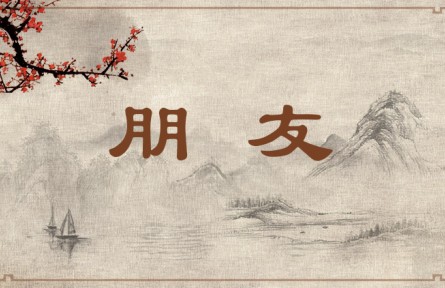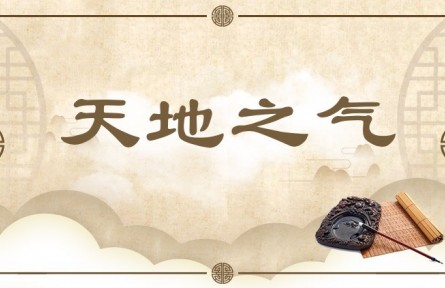因材施教 Audience-based Education

根据人的资质、志趣等实施教育、教学。“材”指人的资质、志趣、受教育程度等因素。这是孔子最早实践、经后人总结概括而确立的教育、教学原则。《礼记·中庸》所说的“率性”(遵循人的天性)、《周易》所说的“尽性”(充分发挥天性),可以说是这一原则的基础理念,它至今仍被广为提倡,其要旨是:教育、教学在内容选择、方法运用、目标设定等方面,要适应受教育者的个体差异,以期达到更好效果。这一原则得到心理学、教育学的论证,已经成为现代教育科学的基本理念。
This term means to educate and teach according to people's caliber and their interests. Cai (材) refers to factors such as people's caliber and interests, and their level of education. This is an educational and pedagogical principle first practiced by Confucius, and later summarized and established by others. We may say that the core concepts of this principle are shuaixing (率性 acting in accordance with human nature) as described in The Book of Rites, and jinxing (尽性 making full use of human nature) as described in The Book of Changes. It has been widely accepted to this day, and its gist is that in education and pedagogy, the choice of subject matter, methods and goals must vary according to the individual characteristics of the audience if they are to achieve better outcomes. This principle has been corroborated through psychology and pedagogy, and has become a fundamental concept in the modern science of education.
引例 Citations:
◎子曰:“中人以上,可以语上也;中人以下,不可以语上也。”(《论语·雍也》)
孔子说:“对资质中等以上的人,可以讲高深的道理;对资质中等以下的人,不可以讲高深的道理。”
Confucius said, "You can discuss profound issues with someone who is above average; you cannot discuss profound issues with someone who is below average." (The Analects)
◎天之生物,必因其材而笃焉。(《礼记·中庸》)
上天生养万物,必定根据它们的资质天性而厚待它们。
Heaven gave birth to all living things, and it must treat them according to their characteristics. (The Book of Rites)
◎因材施教,士多因以得名,时有朱门弟子之目。(《清史稿·朱筠传》)
(朱筠)因材施教,很多读书人经过他的培养而成名,当时有“朱门弟子”之称。
Because Zhu Jun adjusted his teaching to his audience, many scholars who studied with him achieved fame, and they were known at the time as "pupils of the school of Zhu." (Draft History of the Qing Dynasty)
推荐:教育部 国家语委
供稿:北京外国语大学 外语教学与研究出版社
责任编辑:钱耐安





